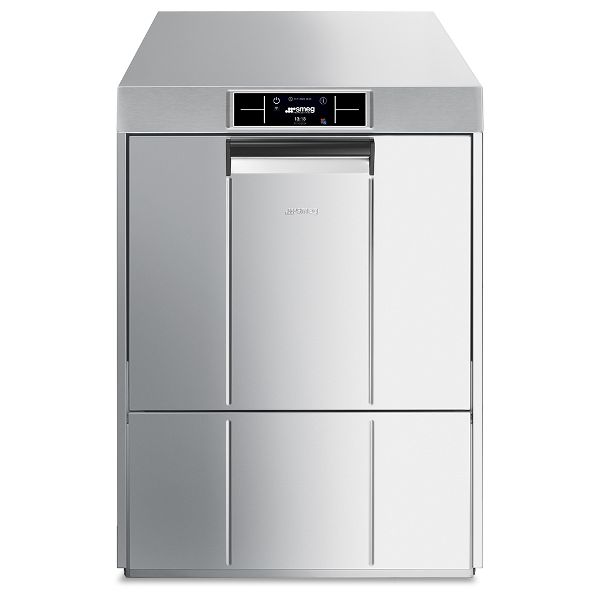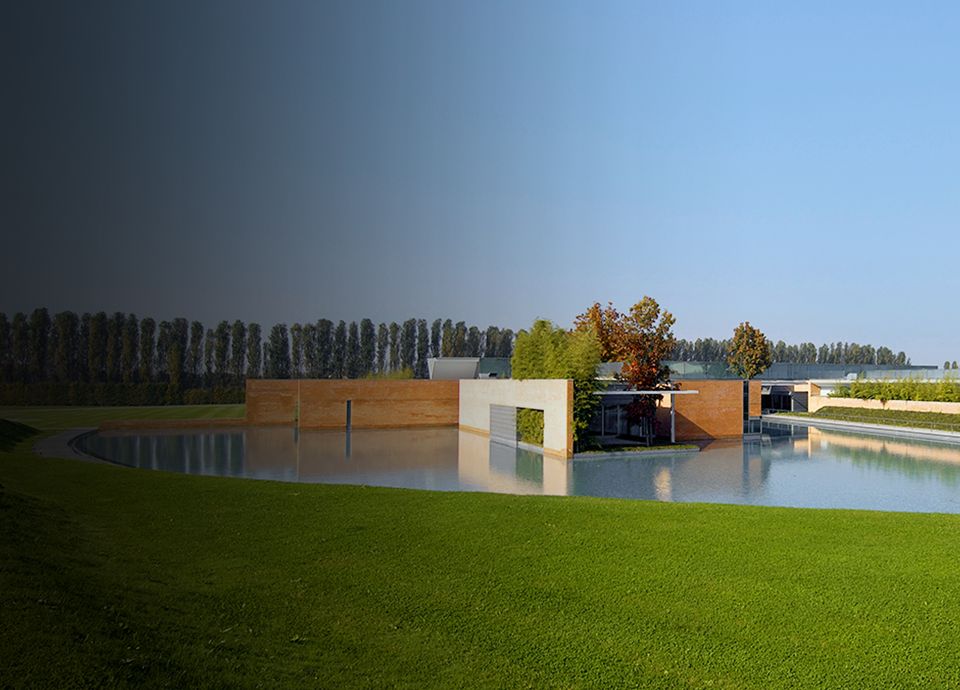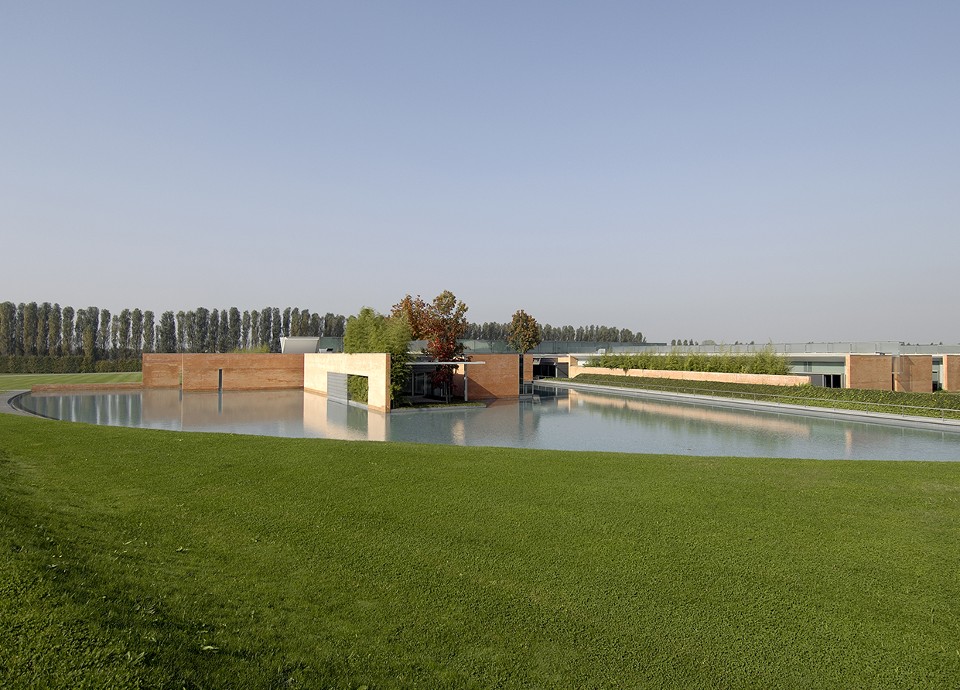Smeg progetta i suoi elettrodomestici - forni, piani cottura, macchine da caffè, cucine, lavastoviglie, lavatrici, lavasciuga, cappe aspiranti, lavelli, frigoriferi e congelatori- affidando un ruolo importante all’integrazione dei requisiti di rispetto ambientale.
Massima attenzione è posta nell’utilizzo di materiali, quali acciaio, vetro, alluminio e ottone, facilmente riciclabili attraverso un’attenta raccolta differenziata.
Per migliorare l’impronta ecologica dei prodotti, oltre ad osservare scrupolosamente le indicazioni delle direttive europee, RoHs e REACH, attenendosi ben entro i valori minimi di legge, Smeg si è dotata di una regolamentazione interna che amplia ulteriormente le restrizioni nell’uso di sostanze considerate potenzialmente nocive.
RoHS (Restriction of Hazardous Substances)
La direttiva RoHS prevede severe restrizioni sull’uso di materiali e sostanze pericolose, quali piombo, cadmio, mercurio, cromo esavalente VI, bifenili polibromurati (PBB) e etere di difenile polibromurato (PBDE).
REACH (Registration, Evaluation, Authorisation and Restriction of Chemicals)
Il sistema REACH è una normativa sulla gestione delle sostanze chimiche il cui regolamento è inteso ad assicurare un elevato livello di protezione della salute umana e dell’ambiente.















 International
International
 Australia
Australia
 France
France
 Germany
Germany
 Italy
Italy
 Poland
Poland
 Portugal
Portugal
 Russia
Russia
 South Africa
South Africa
 Spain
Spain
 Sweden
Sweden
 United Kingdom
United Kingdom







